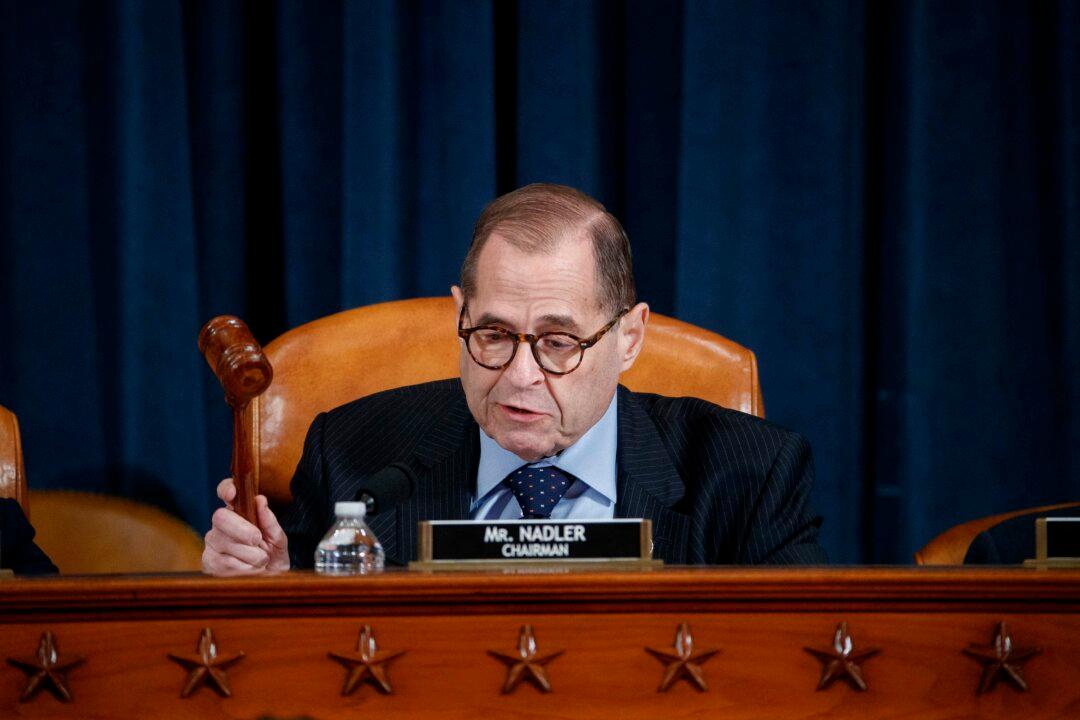Democrats on the House Judiciary Committee on Feb. 4 opposed an amendment to the committee rules that would require each meeting to start with the recital of the Pledge of Allegiance.
“It’s unnecessary,” Committee Chairman Jerrold Nadler (D-N.Y.) said. “The House begins every day with the Pledge of Allegiance. We’re covered by that. There is no necessity to say the Pledge of Allegiance twice during the same day. It’s not been our practice to do so.”





